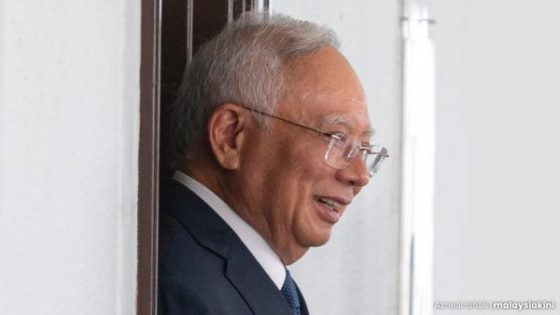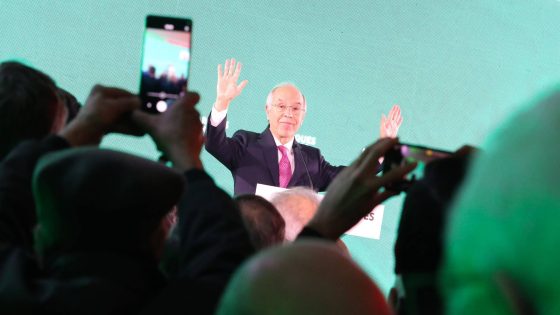On January 22, 2025, former Prime Minister Najib Razak testified in court, claiming he could not be involved in the 1MDB scandal due to his broader responsibilities as the leader of Malaysia. He argued that managing an entire nation left little room for him to oversee the operations of a single company.
- Najib claims he was misled by 1MDB management.
- He argues managing a country is complex.
- Key witnesses against Najib remain uncharged.
- Goldman Sachs also deceived regarding 1MDB.
- Najib asserts funds linked to Saudi donations.
- He emphasizes transparency in his financial dealings.
Najib’s defense highlighted that he was misled by 1MDB’s management, asserting that the real culprits behind the financial misconduct were others, particularly businessman Jho Low. Is it possible for a leader to be unaware of every detail in a complex financial scheme?
Former Malaysian PM Najib Razak’s Defense in 1MDB Trial Raises Key Questions
How much responsibility does a leader hold for the actions of their subordinates? In Najib Razak’s ongoing trial, he insists that his focus on national governance made it impossible for him to manage the intricacies of 1MDB. His testimony suggests a significant disconnect between leadership and accountability in corporate governance.
Key Points from Najib Razak’s Testimony on 1MDB Mismanagement
Najib Razak’s defense centers on the premise that he was misled by those in charge of 1MDB. He argues that his role as Prime Minister required him to delegate responsibilities, making it challenging to monitor every financial transaction. Here are some critical points from his testimony:
- Najib claims he was deceived by 1MDB’s management.
- He emphasizes the broader responsibilities of leading a country.
- Najib points out that many accused individuals became prosecution witnesses against him.
- He believes that the real masterminds behind the scandal are still at large.
Understanding the 1MDB Scandal’s Impact on Global Financial Systems
The 1MDB scandal has raised serious questions about the integrity of financial institutions worldwide. It serves as a cautionary tale for investors and governments alike. The involvement of major players, such as Goldman Sachs, illustrates how even reputable firms can fall victim to internal corruption. This situation prompts US to ask: How can organizations protect themselves from similar pitfalls?
Leadership Accountability: Lessons from Najib’s Case
Najib’s defense highlights the complexities of leadership accountability in large organizations. While leaders must delegate, they also bear responsibility for their team’s actions. This case challenges us to consider: What measures should be in place to ensure accountability at all levels of management?
The Role of Whistleblowers in Financial Transparency
Whistleblowers play a crucial role in exposing financial misconduct. Najib’s case underscores the importance of having systems that encourage reporting unethical behavior. Could stronger protections for whistleblowers prevent future scandals like 1MDB?
As the trial progresses, the implications for leadership and accountability in financial governance will continue to unfold, prompting vital discussions on corporate ethics and responsibility.

































